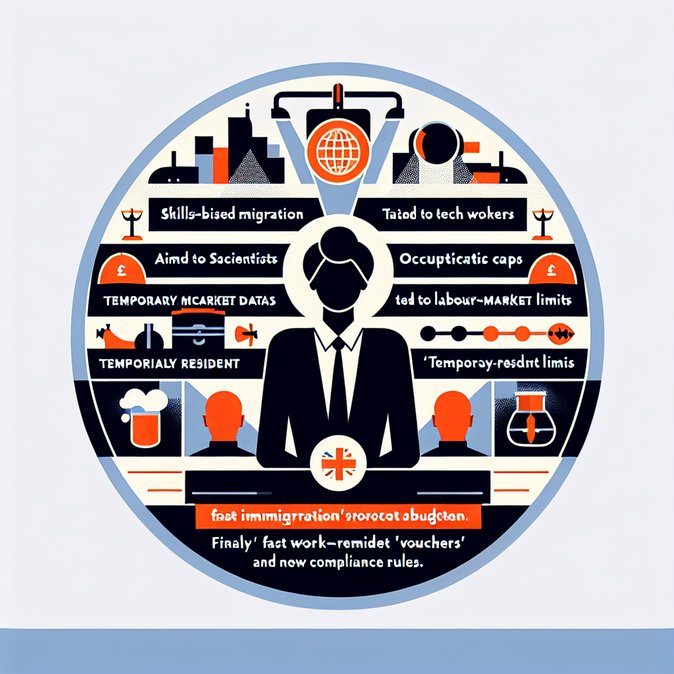
Prime Minister Mark Carney used an address to the Canadian Chamber of Commerce on 26 October 2025 to preview what he called “the most consequential reset of Canada’s economic-class immigration in a generation.” According to briefing notes obtained by the Times of India, the forthcoming spring 2026 federal budget will unveil a multi-year ‘Talent & Innovation Strategy’ that merges Express Entry, the Global Skills Strategy and several pilot programs into a single, skills-based stream. Carney said the goal is to make Canada “the default landing spot for scientists, AI engineers and clean-tech entrepreneurs who now face higher costs and longer queues in the United States,” a direct reference to President Trump’s new US$100,000 H-1B filing fee.
Under the plan, IRCC would post occupational ceilings rather than overall admissions targets; caps could be adjusted quarterly based on Statistics Canada labour-market data. Employers hiring in shortage sectors would receive ‘pre-approval vouchers’ valid for 12 months, slashing work-permit processing to as little as 10 days. The government will also pilot a fast-track permanent-residence pathway for start-ups that raise at least C$1 million from Canadian venture funds.
Carney confirmed that the controversial temporary-resident caps introduced in 2024 will remain, but pointed to new apprenticeship funding and accelerated foreign-credential recognition to blunt criticism that immigration is outpacing housing supply. Provinces will be asked to table their own housing and settlement plans in exchange for larger allocations under the Provincial Nominee Program (PNP).
Business groups welcomed the direction but warned that execution will be key. “Speed is vital, but so is predictability,” said Goldy Hyder of the Business Council of Canada, noting that recent IT outages at IRCC created uncertainty for employers. Immigration lawyers likewise urged Ottawa to retain human oversight after federal audits flagged quality-control gaps in automated decision tools.
If passed, the measures would take effect in stages between July 2026 and January 2027. Companies planning 2026 mobility budgets should therefore map talent needs now, ensure LMIA-exempt categories are still available, and monitor provincial housing pledges that could influence future work-site approvals.
Under the plan, IRCC would post occupational ceilings rather than overall admissions targets; caps could be adjusted quarterly based on Statistics Canada labour-market data. Employers hiring in shortage sectors would receive ‘pre-approval vouchers’ valid for 12 months, slashing work-permit processing to as little as 10 days. The government will also pilot a fast-track permanent-residence pathway for start-ups that raise at least C$1 million from Canadian venture funds.
Carney confirmed that the controversial temporary-resident caps introduced in 2024 will remain, but pointed to new apprenticeship funding and accelerated foreign-credential recognition to blunt criticism that immigration is outpacing housing supply. Provinces will be asked to table their own housing and settlement plans in exchange for larger allocations under the Provincial Nominee Program (PNP).
Business groups welcomed the direction but warned that execution will be key. “Speed is vital, but so is predictability,” said Goldy Hyder of the Business Council of Canada, noting that recent IT outages at IRCC created uncertainty for employers. Immigration lawyers likewise urged Ottawa to retain human oversight after federal audits flagged quality-control gaps in automated decision tools.
If passed, the measures would take effect in stages between July 2026 and January 2027. Companies planning 2026 mobility budgets should therefore map talent needs now, ensure LMIA-exempt categories are still available, and monitor provincial housing pledges that could influence future work-site approvals.









